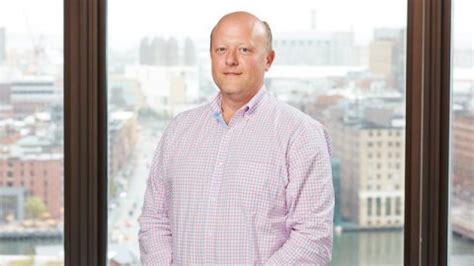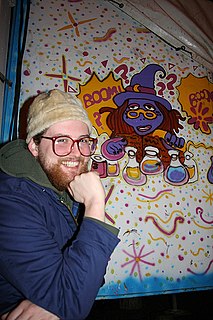A Quote by Paul Romer
There are many signs of the value created by all the exchange that takes place in a city. We see it in productivity and wage data. We also see it in the increase in the value of the land.
Related Quotes
Assuming that a tax increase is necessary, it is clearly preferable to impose the additional cost on land by increasing the land tax, rather than to increase the wage tax - the two alternatives open to the City (of Pittsburgh). It is the use and occupancy of property that creates the need for the municipal services that appear as the largest item in the budget - fire and police protection, waste removal, and public works. The average increase in tax bills of city residents will be about twice as great with wage tax increase than with a land tax increase.
Downtown Cairo is at the center of the city, it is a place that has to be shared between different classes. It's a place where you see the bigger picture of the city's social fabric. It's also a place where you see all the contradictions of having all these layers, classes, and differences at the same time. And this is also where they clash, and where they negotiate. They negotiate their demands, their tastes, the lifestyles they want to have. So it's a very interesting space. I think that Downtown has maintained that identity before, during, and after the revolution.
The real difficulty is that people have no idea of what education truly is. We assess the value of education in the same manner as we assess the value of land or of shares in the stock-exchange market. We want to provide only such education as would enable the student to earn more. We hardly give any thought to the improvement of the character of the educated. The girls, we say, do not have to earn; so why should they be educated? As long as such ideas persist there is no hope of our ever knowing the true value of education.
A Land Valuation Tax is a levy on the value of the land unimproved by buildings or other enhancement. The method is already used by insurance companies each year when they calculate your home insurance premium - they separate the cost of a total rebuild of the property from the value of the land itself.
I think living in Baltimore and being a part of the community and trying to be part of as many communities as possible within the city, the best thing that anyone can do in Baltimore is just to be a part of it and contribute to it and to not see it as...A lot of people from outside the city see this city for its blight and I feel like people who live within the city do the opposite and see this city for what defines it as, in my mind, the most beautiful place to live.
If mass communications blend together harmoniously, and often unnoticeably, art, politics, religion, and philosophy with commercials, they bring these realms of culture to their common denominator -- the commodity form. The music of the soul is also the music of salesmanship. Exchange value, not truth value, counts.




































